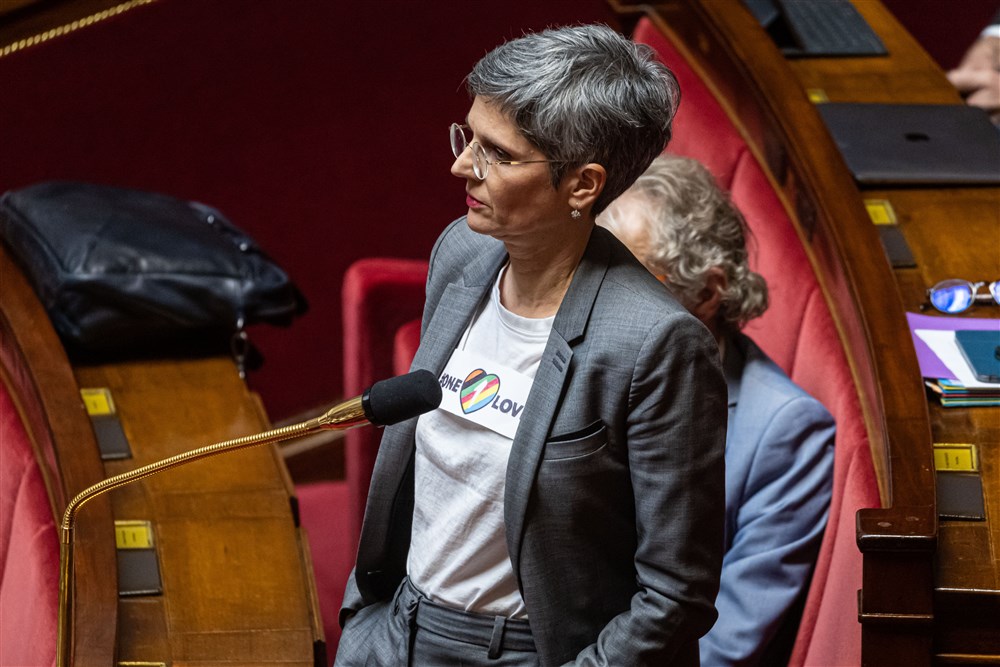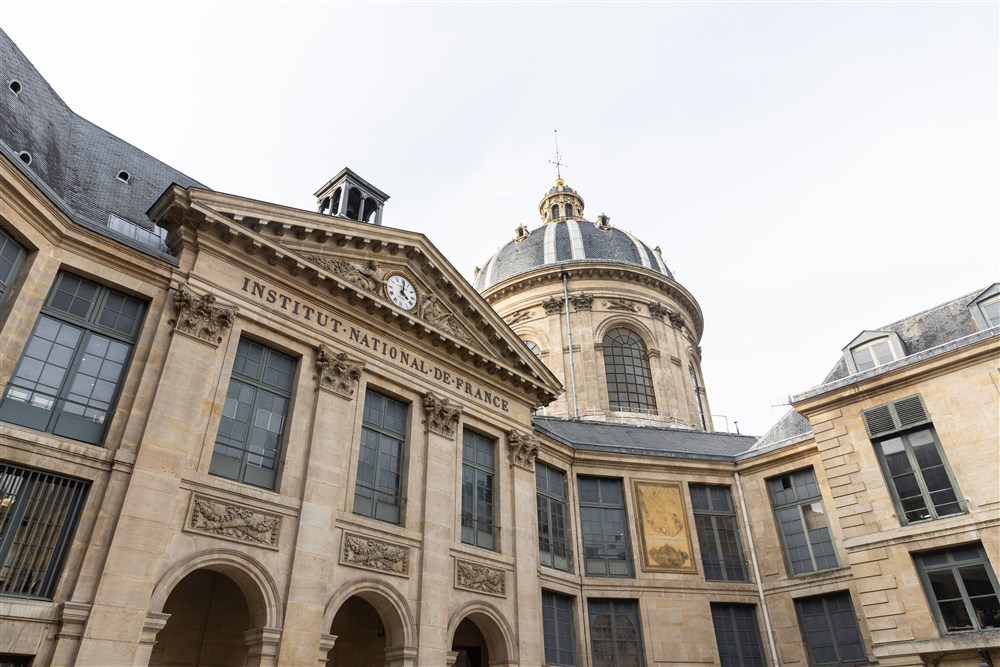French education minister Pap Ndiaye wants to address what he sees as an alarming decline in students’ ability to write correctly. The minister intends to do so by subtracting points for spelling mistakes in the baccalauréat academic qualification test sat at the completion of secondary education.
The most recent baccalauréat, or “bac”, papers are apparently riddled with such mistakes, prompting Ndiaye’s suggestion. Recent figures seem to show the level of correct spelling and syntax use has tumbled over the past 30 years while the number of mistakes in school dictation tests has almost doubled.
On July 9, Ndiaye told of his concerns and outlined that he was in favour of taking into account errors in written French when bac exams are marked, promising a “vast project” to address the issue. He called for “the introduction of formal criteria in the tests concerning the level of French”.
Of his proposal, Ndiaye said: “But this is only possible if we have worked to ensure that pupils no longer make mistakes” and announced a “huge project from primary school right through to the baccalauréat to ensure that they write correctly”.
However, there has already been criticism of the plans from the French Left. Clémence Guetté, of the hard-left La France Insoumise (LFI) party, said the proposals to improve spelling are “repression going even to the bac, it’s crazy”. She said teaching should improve rather than making the tests more difficult.
?? "C'est quand même fou cette répression jusque dans le bac"
Clémence Guetté répond à Pap Ndiaye, favorable à une notation plus sévère de l'orthographe dans les copies. #Les4V @Clemence_Guette pic.twitter.com/JMFAGa3Thw
— Telematin (@telematin) July 10, 2023
The French environmental activist Lou Toussaint, meanwhile, also reacted negatively on social media, claiming that “perfect spelling is, and will remain a white, validating, bourgeois privilege”.
“The desire for total uniformity in the spoken and written language is Conservatism without historical meaning,” she said.
“The role of education should be to emancipate, not to reproduce privilege.”
Others expressed surprise that accurate spelling isn’t already taken into account when awarding students their grades, questioning the difference between correct spelling and so-called inclusive spelling.
Ndiaye pointed to another project being worked on that is designed to “reclaim the month of June”, saying reforms of the bac has reduced the relevant third school term to “nothing”.
“We need to ensure that students in their final year work properly right up to June”, he said. “We are working on several hypotheses: the question of shifting the speciality tests, changing the coefficients … I will announce the decision in a few weeks’ time.”
At the same time, the French Government is considering a change to the school calendar, with a possible reduction in holidays and shorter days for pupils. That is an issue that requires “a lot of work” added Ndiaye, who wants to see his suggestions implemented by the end of his five-year term in 2027.
He also expressed concern about the rise of the French Bolloré Group conglomerate in the textbook publishing sector. Ndiaye said such increasing dominance threatened the diversity of teaching materials and that CNews, the television channel of the Bolloré empire, had become “clearly far-right”.





